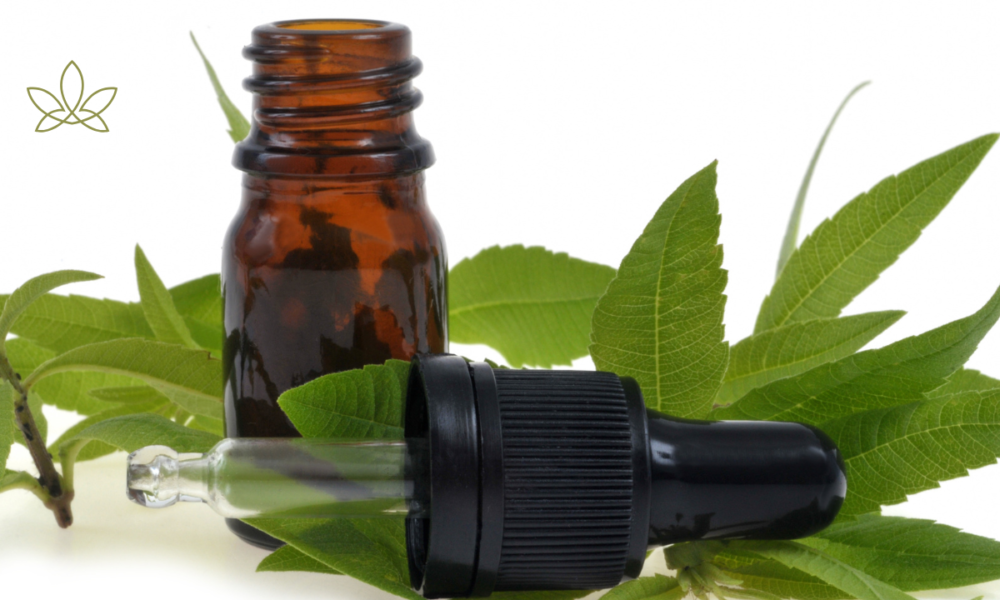Getting into CBD business from scratch
The CBD industry is booming, offering entrepreneurs a fantastic opportunity to build profitable businesses in a growing market. However, starting a CBD business isn’t as simple as stocking products and selling them. It involves understanding regulations, sourcing quality products, and building a trustworthy brand. This guide walks you through the essential steps to start a successful CBD business from scratch.
The CBD market
Before diving into the business, it’s crucial to understand the CBD market. CBD, short for cannabidiol, is a non-psychoactive compound derived from hemp plants. It’s used in various products like oils, edibles, topicals, and capsules, often marketed for wellness benefits like stress relief and improved sleep.
The market is competitive, but demand is growing. To stand out, you need to identify your target audience. Are you catering to athletes seeking muscle recovery? Or perhaps wellness-focused individuals looking for relaxation? Pinpointing your niche will shape your product offerings and marketing strategy.
Researching the legal stuff
The legal environment for CBD businesses can be tricky. Regulations vary significantly across regions, so it’s vital to understand the rules in your target market. In many places, CBD products must contain less than 0.2% THC (the psychoactive compound in cannabis) to be legal. This limit changes in other places, so consult your local law.
You may also need the right licenses and permits. This could include a business license, a reseller’s permit, and in some regions, a hemp handler’s license. Familiarize yourself with labeling laws too—many countries require clear labeling of ingredients and dosage information. Staying compliant is essential for avoiding costly legal issues.
Developing a business plan
A solid business plan is your roadmap to accomplishment. Start by defining your mission and vision. What makes your CBD business unique? Are you focused on sustainability, premium quality, or affordability?
Next, outline your product range. Will you sell oils, gummies, or skincare products? Consider what aligns with your target audience’s needs.
Financial planning is another crucial step. Calculate your initial investment, expected costs, and profit margins. Include marketing and distribution expenses, so you have a clear picture of what it takes to get started and grow.
Sourcing high-quality CBD products
In the CBD market, quality is non-negotiable. Customers are increasingly savvy, and they demand products that are safe, effective, and well-tested. Look for suppliers that provide third-party lab testing and certificates of analysis (COAs). These documents verify the potency and purity of their products.
When choosing a supplier of CBD products, decide whether you want to source domestically or internationally. Domestic suppliers often adhere to stricter regulations, but international options may offer cost savings. Whatever you choose, prioritize transparency and reliability.
Branding and packaging
Your brand is how customers perceive your business, so make it count. Start with a memorable name, a professional logo, and a cohesive brand story. Highlight your values—whether it’s quality, sustainability, or affordability—to build trust with your audience.
Packaging also plays a significant role. Not only does it need to be eye-catching, but it must also comply with legal requirements. Include clear ingredient lists, usage instructions, and disclaimers where necessary. Sustainable packaging is another way to appeal to eco-conscious consumers. If you’re just starting is only natural there’s no cashflow and the money is short. Look for beginner designers trying to expand their portfolio and work with them. Same with developers and any other talent you may need.
Building your online and offline presence
A strong online presence is essential for any CBD business. Start by creating an e-commerce store using platforms like Shopify or WooCommerce. Ensure your website is user-friendly, secure, and optimized for search engines. Include detailed product descriptions, COAs, and customer reviews to build credibility.
If you’re targeting local customers, consider setting up a physical store or partnering with local retailers. Collaborations with wellness centers, gyms, or dispensaries can also help expand your reach.
Marketing your CBD business
Marketing CBD products comes with its own set of challenges, as many platforms restrict advertising for cannabis-related products. Others ask for outrageous prices just to mention CBD. To overcome this, focus on alternative strategies.
Content marketing is a powerful tool. Write blog posts, create educational videos, or host webinars to educate your audience about the benefits of CBD. Partnering with influencers or affiliate marketers can also help you reach a wider audience.
Another effective approach is email marketing. Email is not dead, far from that. Build a subscriber list and share exclusive offers, educational content, and product updates. Transparency and education are key—customers are more likely to trust a brand that provides clear and accurate information.
Managing operations and scaling up
Once your business is up and running, efficient operations are critical. Use inventory management software to keep track of stock, ensure timely deliveries, and maintain excellent customer service.
As your business grows, look for moments to scale. This could mean expanding your product line, entering new markets, or collaborating with other businesses. Keep an eye on market trends and adapt your offerings to meet changing customer demands.
Conclusion
Starting a CBD business is an exciting venture, but it requires careful planning and execution. By understanding the market, the legal landscape and focusing on quality and transparency, you can build a brand that stands out. Take the first step today, and remember—success in the CBD industry starts with putting your customers’ needs first.







